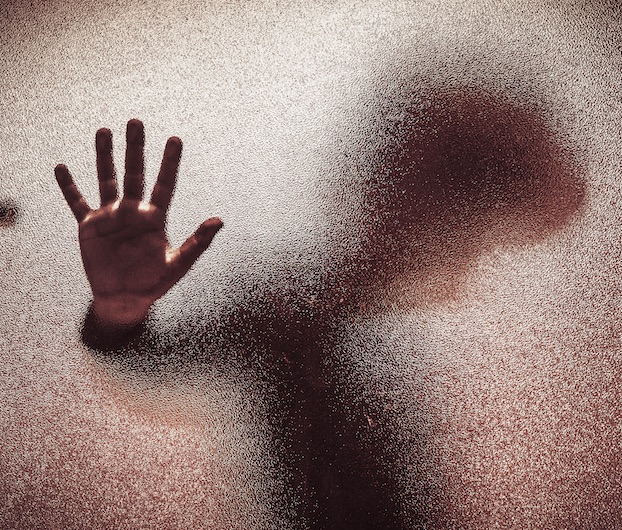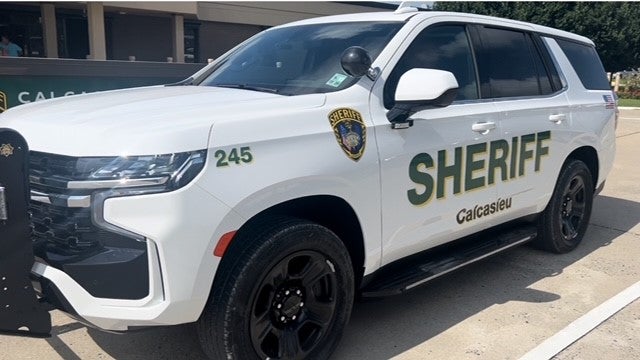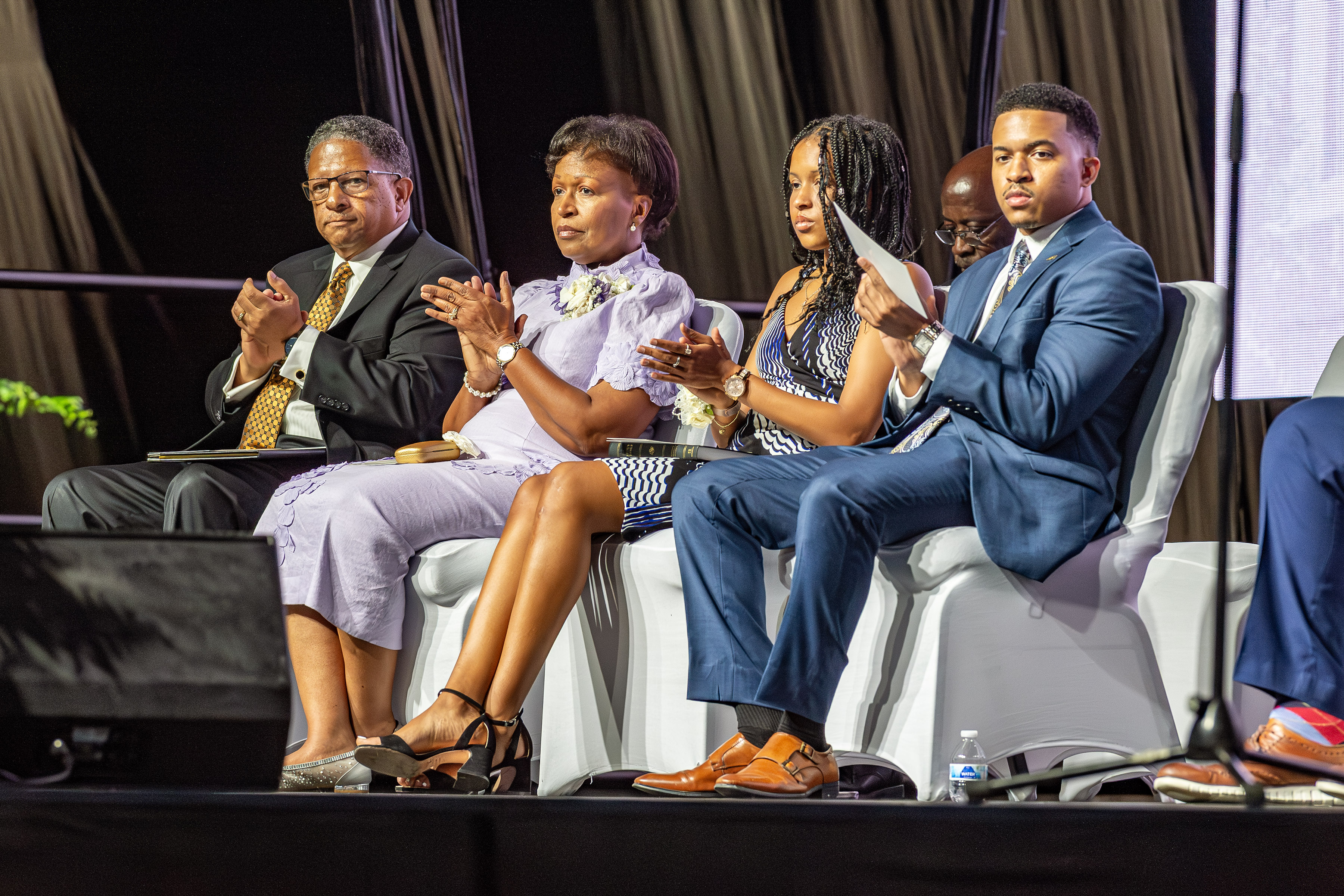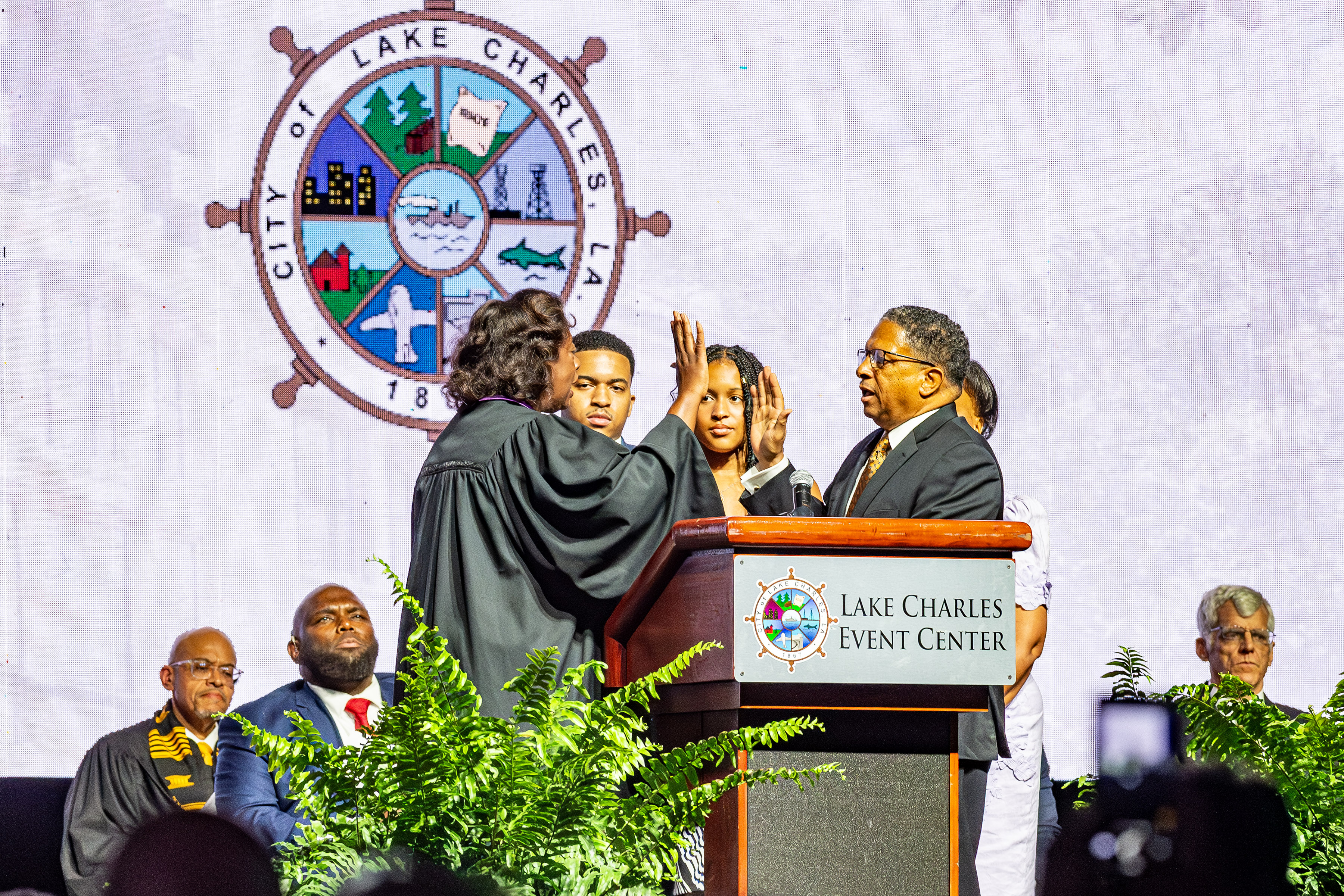Calcasieu group formed to fight human trafficking deepening community partnerships
Published 6:11 am Tuesday, July 4, 2023

- There are 49.6 million people today who are being trafficked. More than 403,000 of them are in the United States. (Special to the American Press)
A little less than one year after it was created, the Calcasieu Parish arm of the United Against Human Trafficking Coalition is deepening its community partnerships to fight sexual exploitation in Southwest Louisiana.
The coalition was launched on August 25, 2022 as an extension of the Houston-based non-profit United Against Human Trafficking (UAHT), which works within communities to support victims of sexual exploitation, advocate for legislation to eliminate human trafficking and provide education and resources to the public.
Last year, UAHT expanded into Calcasieu Parish due to its high risk status; Southwest Louisiana’s prominent casino and gaming industry, proximity to Texas and the I-10 corridor and recent disasters have made it prone to human trafficking.
So far, most of the work has been focused on creating a united front composed of local organizations and law enforcement.
Ken Henry, UAHT chief communications and partnerships officer, said that the launch has been “slow and steady.”
“What we’ve been doing is just slowly building as we identify gaps,” he explained.
These gaps can only be filled with partnerships that create intersectional action to address every level of the damage that human trafficking causes.
“What we really believe authentically is that there is no one entity that can attack something so big,” he said. “Our goal is to make sure that everybody knows who does what… who has housing, who has mental health, who has economic empowerment opportunities?”
Joshua Campbell, assistant director of the Office of Juvenile Justice, said that there has been an emphasis on preventative care.
“We’re starting to get a good layer of support here,” he said. “Prevention starts from square one.”
Strides have been made to streamline their front end youth services through the Multi-Agency Resource Center (MARC), which provides youth services and programming to minimize the number of youth put into the juvenile justice system through screening tools and referrals from law enforcement and local schools.
This system infuses the juvenile justice system with empathy, recognizing the many factors – unhealthy peer support, absent family structure, unmonitored internet use, truancy and mental health issues to name a few – that negatively affect the youth.
“We know these things put them at risk,” he explained. “We have the ability to screen the youth, and if we identify that we can put support into place for them.”
This system can be utilized to help youth at risk of human trafficking and solicitation. They use the commercial sexual exploitation-identification tool (CSE-IT), a five to seven minute research-based screening tool that uses factors like prior abuse and trauma, physical health and appearance and environment exposure to identify potential sexual-exploitation in youth.
He noted that their reach isn’t as large as it needs to be. They work with about 1,000 youths a year; There are approximately 30,000 in the area. “The lens and the focus of what we’re able to work with and try to identify barriers to put supports into place is just a portion of the youth in this community.”
This reality speaks to the importance of partnership. They work closely with local law enforcement offices.
Calcasieu Parish Sheriff’s Office Enforcement Commander Gene Pittman said that he wants to “flip the script” on the way task forces usually operate, which is usually law-enforcement centric, he said.
“The way I think of Southwest Louisiana, Calcasieu Parish, in general is that we have lots of service providers and good programs that operate independently from one another,” he said. “As I learn more and more about fighting human trafficking, the victim-centered approach is the one that needs to be taken, and that includes law enforcement.”
CPSO’s goal is to bridge the gap between law enforcement and community services. He and his team are concurrently formulating a strategic plan to move forward.
The first focus will be awareness and education. “It’s hard to fight something that people can’t define, it’s hard to fight something people aren’t aware of,” he said. “All of that has to come first before we can really start to have a huge impact.”
This work will be in addition to the SWLA Human Trafficking Task Force Tip Line, which has led to the prosecution of two individuals since it was launched last year.
Preventative work is vital, but UAHT also ensures that victims are given the resources and tools that they need to reintegrate. Erike Doshier, assistant to the director at the Calcasieu Parish Police Jury, said that they internally support successful transitions for survivors.
They have a coordinated entry team that utilizes a slate of programs by optimizing communication between different departments. “It really provides a very synergistic approach for the clients we’re serving.”
She referenced the American Job Center, the transit program, housing and utility assistance and the Community Service Black Grant as examples of programs that assist victims.
Henry said that these programs create sustainable lives for victims and double as preventative work as well. “They are removing a lot of barriers that would create vulnerabilities. Traffickers prey on vulnerabilities, and the financial one is a huge one.”
Doshier said they work closely with the United Way 211 crisis hotline.
The hotline’s director, Sarina Clooney, said that the 211 crisis hotline is a one-stop resource center for critical health and human services. For victims of human trafficking, this resource can be a lifesaver.
She said that for many victims, directly calling law enforcement can be dangerous. “A lot of time, everybody knows that the best thing you can do is call law enforcement, but a lot of people are afraid of getting involved by doing so.”
Hotlines are a safe alternative. Not only can victims also leave anonymous tips, the 211 crisis hotline can connect victims to helpful organizations, such as the DCFS Child Abuse Hotlines and National Center for Missing and Expolited Children. The database is also local, with connections to the SWLA tip line and local domestic violence shelters.
UAHT in Calcasieu Parish is always seeking new community partnerships and members. The coalition meets at 1 p.m. on the last Thursday of every month at United Way of SWLA, 815 Ryan Street.
•
To learn more about UAHT in Calcasieu Parish, contact United Way of SWLa or visit unitedwayswla.org/humantrafficking.





